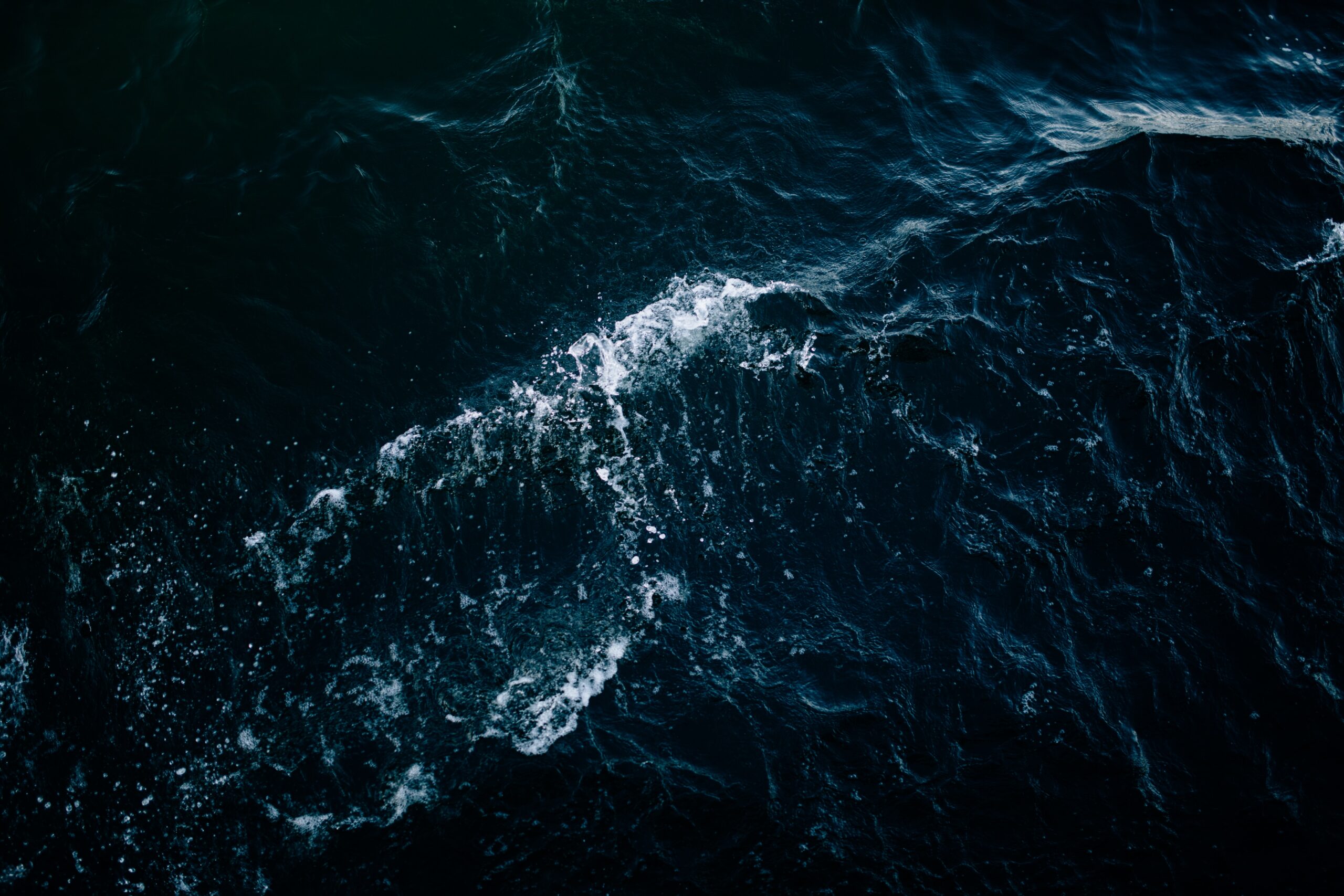New Zealand will back a conditional moratorium on deep sea mining in international waters, until strong environmental rules can be agreed and backed up by robust science.
The deep sea contains vast deposits of potato-sized nodules on the ocean floor, rich with metals such as cobalt and manganese, needed for clean-energy technologies such as electric car batteries. However, the potential environmental effects of mining these nodules are largely unknown.
Deep sea mining has divided Pacific Island nations. Currently, the Federated States of Micronesia, Samoa, Fiji and Palau have called for a moratorium, while Nauru, Tonga, Kiribati and Cook Islands have already sponsored mining projects.
The SMC asked experts to comment.
Dr Hugh Govan, Adjunct Senior Fellow, School of Law and Social Sciences (SoLaSS), University of the South Pacific (USP), comments:
“I think the New Zealand government’s decision is a wise one due to the lack of robust science and is to be welcomed.
“There is extremely low scientific knowledge of the Pacific Ocean and the connections between its different systems. The impacts of current human activities on this vast ocean, sometimes many thousands of miles away, are only just beginning to be identified and it is hardly the time to be imposing new threats to what may already be ecosystems at risk.
“The Pacific Ocean provides many benefits to the planet already, including its role as a carbon sink to mitigate the impacts of human emissions that cause climate change. Sustainable fisheries for globally important tuna stocks that migrate across the high seas as well as the national jurisdictions of island countries are a renewable resource that not only feed the world but also are far larger source of recurring revenue to the region than deep sea mining is ever likely to be.
“It is true that some of the island states have urgent development needs but putting at risk the long-term health of the ocean and island peoples for a short-term and temporary fix should be addressed through regional mechanisms, perhaps like the globally recognised tuna management scheme.
“A moratorium provides the vital opportunity to generate the considerable scientific knowledge necessary for informed debate but also develop stronger regional and national mechanisms to be able to carry out research as well as independently monitor and verify impacts.
“If sufficient scientific certainty is achieved then regional solidarity would also be useful in ensuring that minimum acceptable standards not only for environmental impacts but also for equitable benefits to those who call the Pacific Ocean “home” are imposed across the board.”
No conflicts of interest.
Professor Barry Barton, Te Piringa Faculty of Law, University of Waikato, comments:
“At issue are deep ocean areas, far from land, so there are a lot of unknowns and only a few proposals.
“Globally, however, there is huge demand for minerals, and the energy transition has only accelerated it. We are witnessing dramatically heightened demand for copper, graphite, lithium, cobalt, and rare earth elements – all required for electrification, wind and solar power, batteries, and new technologies. We can reduce our demand for new minerals by striving for a circular economy, but we have a long way to go.
“Pretty well all mining involves environmental disruption of one kind or another. On land we can manage most of the environmental effects quite well, but at sea our ability to do so is limited; our baseline knowledge is lower, we can’t recontour mined areas or revegetate them, and it’s hard to monitor during and after operations. Dredging causes turbidity that can be harmful to sea life. Large areas of seabed may be affected, compared to onshore mining projects which dig deep and are more intensive. There is a lot we don’t know about marine ecosystems, especially in deep water, so a cautious approach to the environmental regime is well warranted.”
No conflicts of interest.
Professor Tina Soliman-Hunter – Director, Centre for Energy and Natural Resources Innovation and Transformation (CENRIT) at Macquarie University, comments:
“The mining of deep sea minerals is fraught with physical, social, and economic concerns. The legal regime for mining such minerals should work to address all of these issues. The impact of such mining on fish species, and the ability to prevent sediment disturbance in the water column means that often ecosystems are detrimentally effected. Therefore, the legal regime adopted must address all of these issues before such mining should proceed.”
No conflicts of interest.
